Marshall
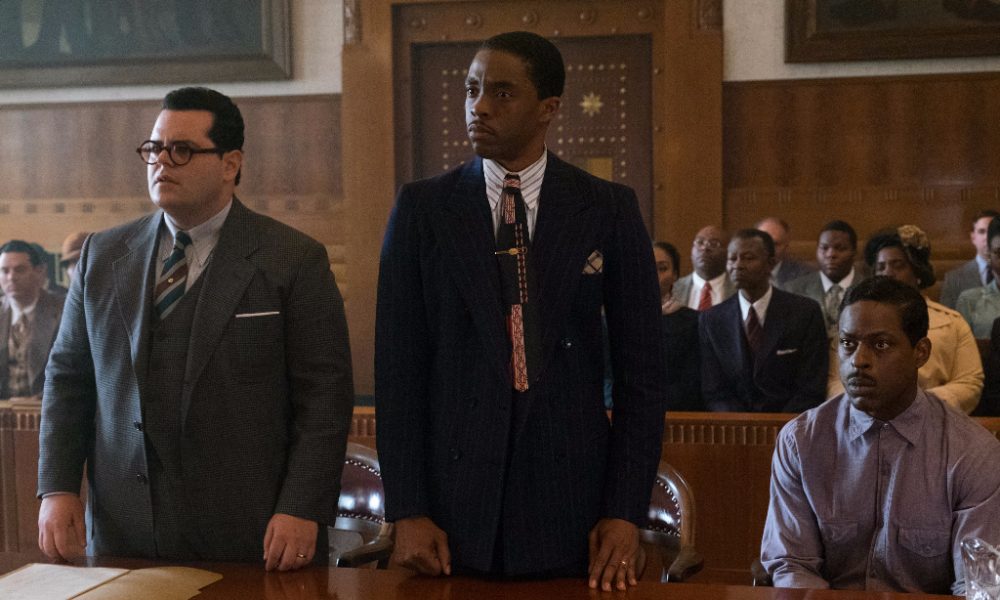
Marshall is a touching, important film. It’s named after the protagonist, Thurgood Marshall, a civil-rights lawyer who would later become the first African American to hold the position of Supreme Court Justice of the United States. We see a black man on trial for the rape and attempted murder of a white woman in 1940s America, and the issues of racism and oppression unearthed are as relevant today as when the story is set. The movie is also properly exciting and bold – genuine entertainment, but genuinely important.
This isn’t a retelling of Marshall’s life, it’s the tale of one of the many court cases he fought, and he’s only one of four central characters. He is fighting for a black man’s life and is supported by a local Jewish lawyer, who must speak on Marshall’s behalf throughout the case in a clear display of racism from the judge. It’s crucial to remember that this is a true story. We see the court case take its toll on everyone involved, the man on trial, the woman accusing him and both lawyers, and it becomes clear that there are many victims of an oppressive society.
Chadwick Boseman is brilliant in the title role: cool, calm and charming. Josh Gad is excellent as Marshall’s assistant, funny but more than just comic relief – it’s a role that seems like it was written with Philip Seymour Hoffman in mind. Kate Hudson is wonderful as the accuser, playing the most nuanced character on screen.
The movie has a comfortable slow pace, and doesn’t rush into action, and the soundtrack is subtle and doesn’t tell us how to feel: it enhances without being patronising.
Unfortunately, in a film about racism, things feel a little black and white. The characters, for the most part, neatly split into good guys and bad guys and we fall into the trap of hero-worshipping Thurgood. He’s a legal mastermind, able to understand and charm everyone, always one step ahead and, in one ludicrous scene, he’s an expert bar brawler, able to beat up two gigantic, racist thugs at once. Hilariously, one of these opponants is so enormous and muscular that he’d be better cast as a big boss in the final level of a computer game than a serious study of oppression in the 1940s.
This picture is tense and emotional, but also touching and funny. It makes its audience feel something, which is what cinema is for.
Stuart Ross
Marshall is released in selected cinemas on 20th October 2017.
Watch the trailer for Marshall here:

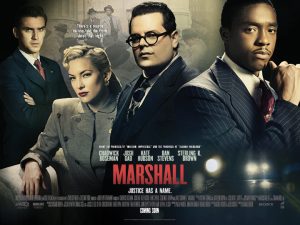

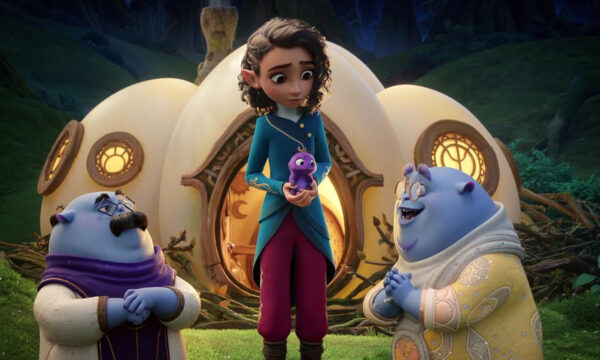

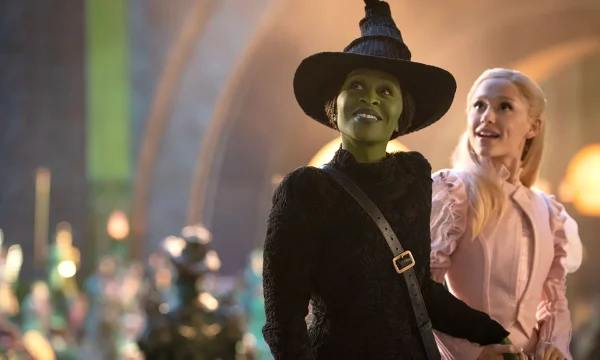
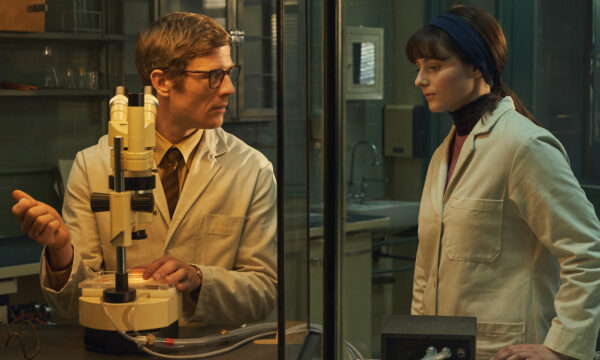
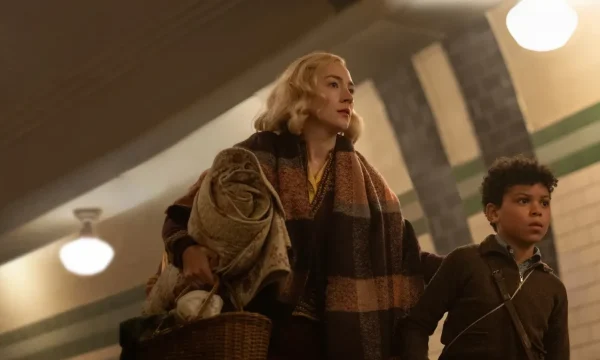
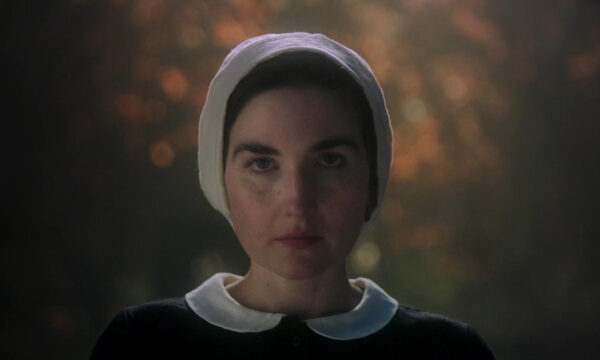
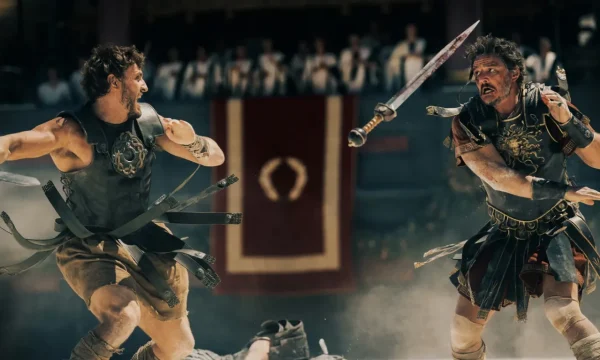
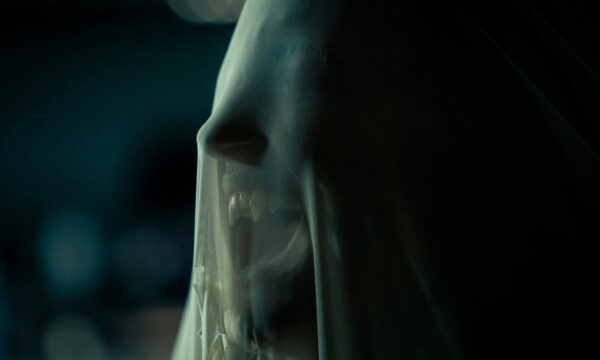










Facebook
Twitter
Instagram
YouTube
RSS